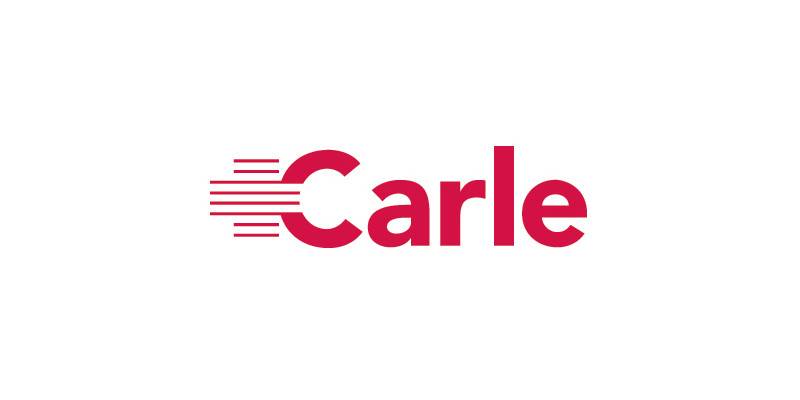This article marks the third in a four-part series cataloging Carle Hospital, and what it does, both good and bad, for the Champaign-Urbana community. Stay tuned to Smile Politely Opinion for the final quarter, and view parts one and two here.
Hospitals in the United States operate either as for-profit (25%), nonprofit (59%) or public organizations (16%). What are the advantages of being not-for-profit?
REQUIREMENTS FOR NONPROFIT STATUS – IRS TAX CODE
Federal tax exemption for charitable organizations has been in existence since the beginning of federal income tax law. This exemption is based on the principle that the government’s loss of tax revenue is offset by its relief from financial burdens that it would otherwise have to meet with appropriations from public funds, and by the benefits resulting from the promotion of general welfare.
Hospitals are able to qualify for non-profit designation where medical assistance provides community benefits. Broadly speaking, the institution must be organized and operated exclusively for the “promotion of health” to the public ensuring that no part of their net earnings is to the benefit of any private individual. They may not participate in political campaigns on behalf of any candidate or conduct substantial lobbying activities.
BENEFITS OF NONPROFIT STATUS
1. Exemption from Federal and State corporate income taxes:
For example, as part of a $58,202.36 medical bill for my friend’s hip surgery, there was a credit of $44,737.59 described as “Medicare contractual write-off.” Many of my friends had assumed that Carle could take a deduction for this amount, thereby reducing their tax liability.
However, as a nonprofit Carle pays virtually no tax to any Federal, State or Local entity (with the exception of payroll tax). Thus, they do not NEED a deduction. The $12,176.77 Carle did actually receive for the hip surgery was all that Medicare would pay for this procedure.
In fact, health insurance companies and Medicare have already established their maximum payments for every possible procedure code. These amounts are substantially lower than the “charge amount ” on the hospital and clinic bills but Carle accepts them.
In short, think of all these astronomical charges and credits as “funny money.” For those with “good” health insurance, this is not significant. For the underinsured, it may be.
2. Exemption from State and Local sales taxes.
3. Exemption from local property taxes:
This is a hot button topic in Urbana because the City stands to lose substantial property tax revenue that could be used to fund local schools. The issue of Carle’s responsibility to pay this tax as a nonprofit organization in Illinois is being decided by legal proceedings.
The final decision is on the docket of the Illinois Supreme Court. Carle may well argue that its stance of non-payment is justified because its contributions to community health benefits far exceed its property tax bill.
4. Tax-exempt bonds:
Because individual and corporate bond purchasers do not pay individual or corporate income taxes on interest received, hospitals issuing such bonds pay a lower interest rate. In mid-2006, FP hospitals had a cost of capital of about 12.9 cents per dollar of investment, while NFP hospitals had a cost of capital of only 10.8 cents per dollar of investment.
As well, NFP hospitals can use tax-exempt debt to finance buildings and equipment that they could have financed by selling their own investment assets. Their decisions to finance operating assets with tax-exempt debt are influenced by their ability to earn an untaxed return on their investment assets that is higher than the interest cost they must pay on the tax-exempt debt. Thus, Carle’s substantial building program?
5. Charitable contributions:
Because Carle donors may deduct these from their income tax bases, this may induce them to contribute more than they would otherwise.
A recent article in Forbes Magazine stated that Carle made $163.5 million in 2013. One might well ask “If Carle is not-for-profit, how can it make so much money?”








